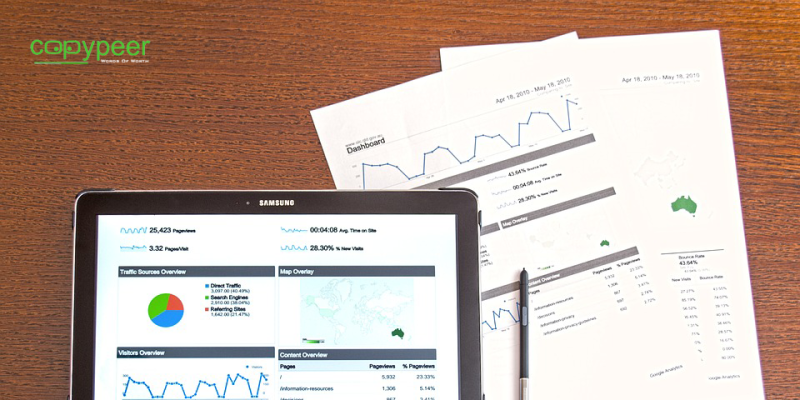
Search Engine Marketing (SEM) is a term used to describe the different ways of marketing a website via search engines. The term entails both organic search engine optimization and paid search strategies. Paid search allows you to pay a fee to display your website on the search engine results page (SERP) when someone types specific keywords or phrases on the search engine. On the other hand, organic search is based on unpaid, natural rankings determined by search engine algorithms that can be optimized with various SEO practices. Organic and paid listings both appear in the search engine but displayed in different locations on the page. According to HubSpot data, over 70% of users click on the organic results while only 30% click on the paid links.
So, does this mean that you should ignore paid searches? No, you should not, paid search has its own benefits. Paid search is a valuable tool especially if your site is not ranking well in the search engines with organic search alone. In addition, paid search helps to enhance your company’s online presence. Let us look at why you need paid search:
1. Improves Website Traffic
Paid search advertising has the ability to increase your site’s traffic almost immediately. Unlike Search Engine Optimization which can take several months to yield results, paid search can deliver traffic within an hour of setting up your campaign. Note that even if your website ranks on Page 1 in organic results, paid advertising can bring new traffic that you would not have received otherwise. A Google study shows that over 89% of traffic generated by search ads is not replaced by organic search when the ads are paused.
Paid search advertising helps increase your overall website traffic as well as increase the quality of your traffic. People proactively seek for products and services when using search engines. Paid search helps you target these searches by only showing your ads for relevant keywords that you choose. This in addition ensures that your website only gets qualified traffic.
2. Paid Search Is Cost Effective
When setting up a paid search advertising campaign, you will establish a daily budget which will help you spend only what you can afford. However, there is no minimum budget for most programs but you can make changes at any time. As a pay-per-click model, you only pay when someone clicks on your ad and is directed to your website meaning you only pay for qualified leads.
Note that Google allows for different keyword matching options that can greatly affect your costs. While the options allow you to target your market, the defining keyword must be an exact match to what is searched in order for your ad to show.
3. Precise Targeting
A paid search advertising campaign gives you full control over who sees your ads.
- Are you looking to promote your company’s new mobile application? Set your ads to only show on mobile devices so that you can only reach potential clients.
- Are you only interested in business prospects from your metropolitan area? You can use Location Targeting to specify what geographies your ads will show in.
- Are you interested in business professionals? You can choose to show ads only during the work day.
The ability to control campaign settings lets you identify your prospective customers and get the most out of your paid search advertising budget.
4. Detailed Analytics
Detailed analytics does not only include numbers but keywords too. Google used to provide keyword data in Analytics. Most marketers could see exactly what users were searching for that led to them to their websites. That kind of data was invaluable to continuing to optimize digital marketing efforts. Once Google removed that data from Google Analytics, AdWords became the only way to get that data used across all the digital channels.
Paid search advertising enables you to track every keyword, ad, and dollar spent in real time. In addition, paid search correlates your costs to sales leads. Every click offers valuable answers to your performance questions. What keywords are people using to search for your services or products? What ads interest potential customers? How many visitors from those clicks convert to sales leads? Based on the results of your paid search advertising program, you can constantly adjust keywords and ads to maximize your Return-on-Investment.
5. Excellent Return-On-Investment (ROI)
In most cases it only takes a deal or two in B2B marketing to make SEM profitable. You only realize Return-On-Investment (ROI) by targeting the keywords your business can afford and make sure your budget lasts as long as you need it to. Paid search advertising is a powerful way to get in front of customers seeking your services and products. You can easily measure ROI with all the data available to you through paid search and by keeping track of where new customers come from. You have a profitable campaign if the sales you get as a result of paid search advertising are more than the money you spent.
Conclusion
Paid search advertising works extremely well for just about every type of business. It is advisable to speak with a PPC professional before spending money on paid search advertising. This is because a poorly setup and neglected campaign can cost you much more. Remember to always optimize. There is never a shortage of ways to improve your paid search campaign. Keep making improvements in order to drive up your performance and your costs down and ultimately run a successful PPC campaign.
